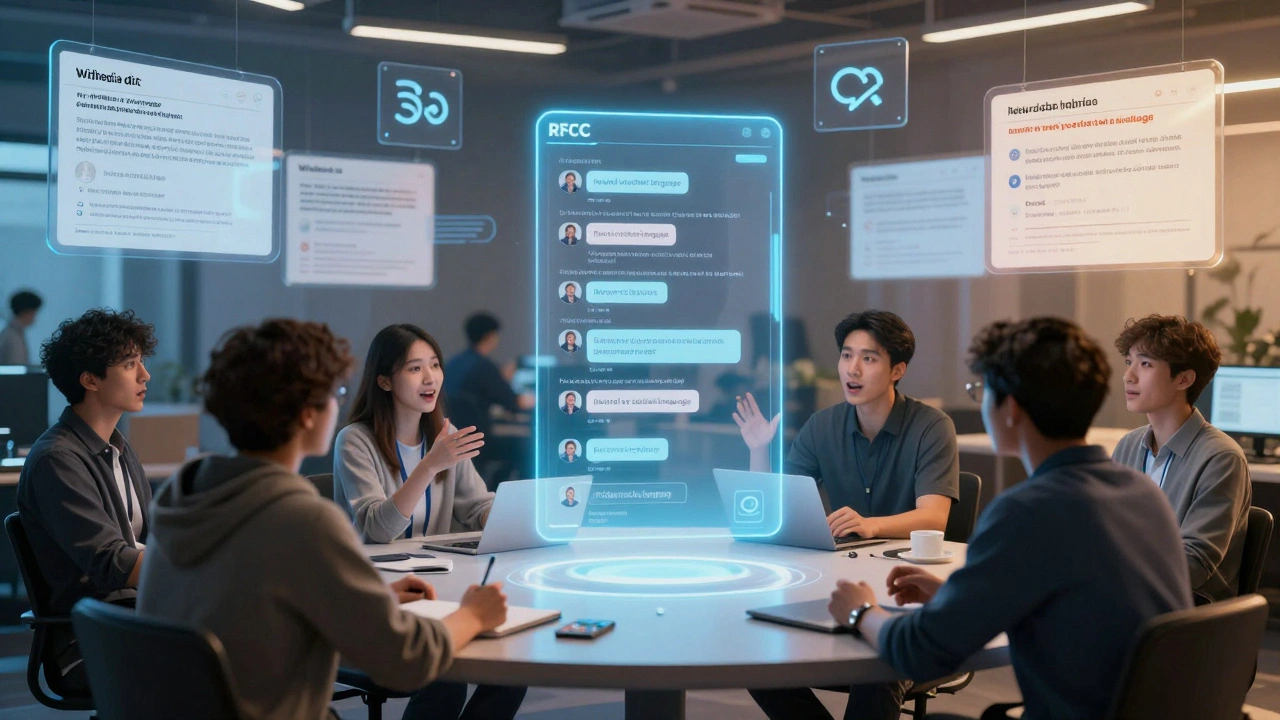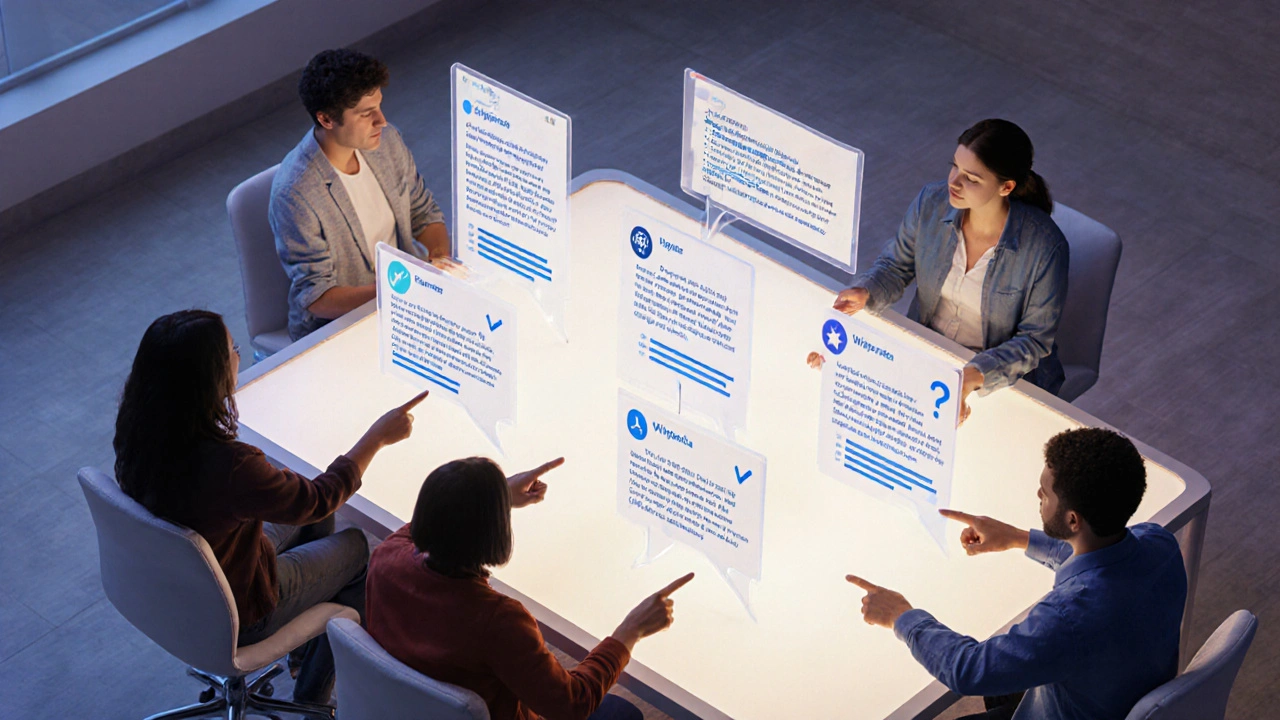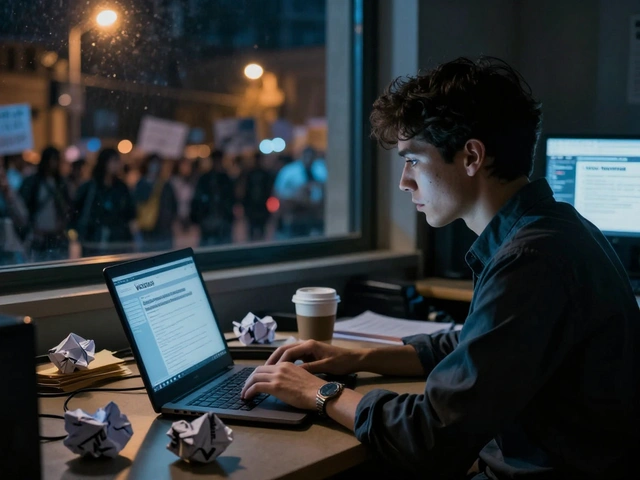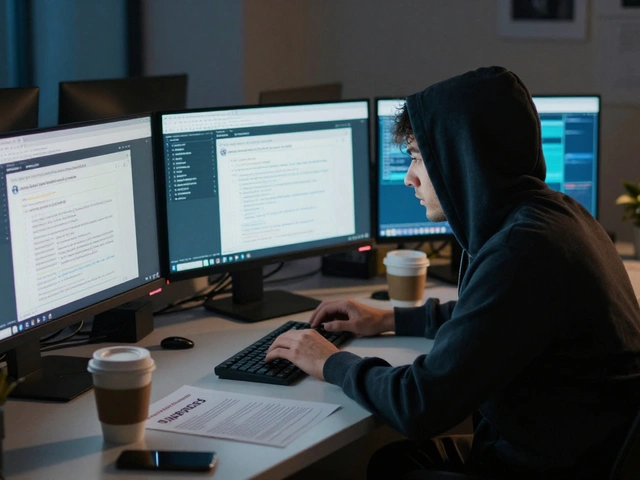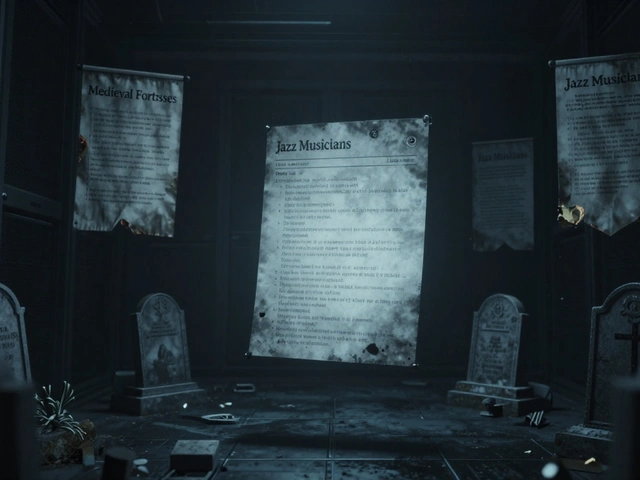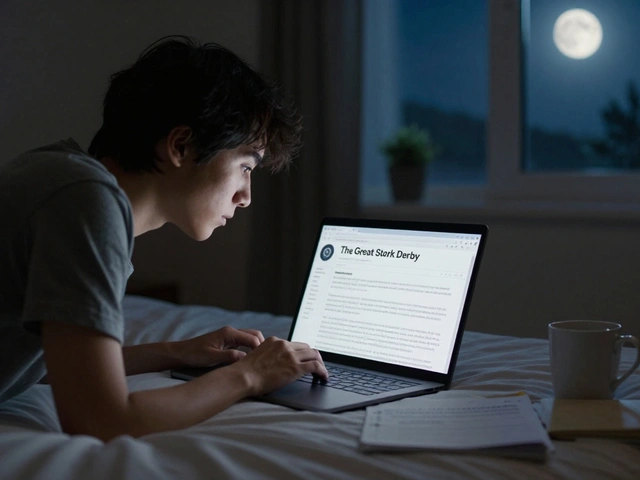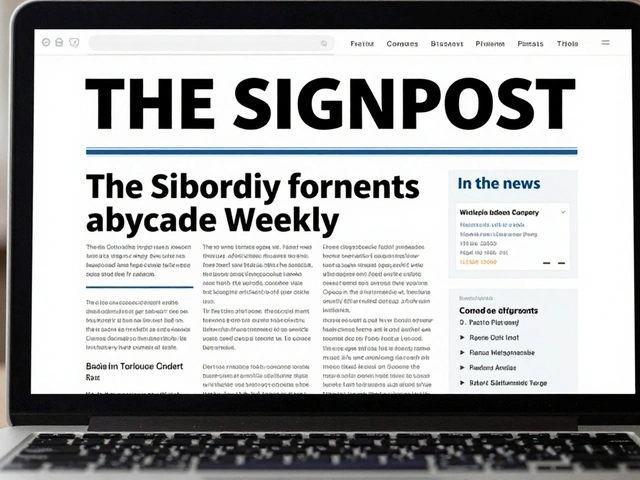Wikipedia discussion: How editors build consensus, resolve conflicts, and shape reliable knowledge
When you think of Wikipedia, you might picture a static article—but behind every page is a living Wikipedia discussion, the ongoing, public debate where volunteers decide what information belongs on the site. Also known as Wikipedia talk pages, it’s where edits are challenged, sources are vetted, and policies are applied—not by algorithms, but by real people. This isn’t forum chatter. It’s the engine of Wikipedia’s reliability. Every time a fact gets added, removed, or rewritten, it’s usually because someone raised a concern, cited a source, and others agreed—or disagreed—on a talk page.
These discussions rely on a few core tools: Wikipedia policies, mandatory rules that guide content and behavior, consensus-building, the process of finding common ground among editors with different views, and Wikipedia talk pages, the dedicated spaces where every edit is debated before it’s made. You won’t find a CEO here. You’ll find a retired teacher arguing over a citation, a grad student defending a source, and a volunteer moderator quietly closing a 200-comment thread because the community reached a clear outcome. The system works because it’s open, transparent, and grounded in evidence—not popularity.
Some debates get heated. A medical article might get locked after a fight over conflicting studies. A biography could be revised for months as editors argue about what’s relevant. But that’s the point. Wikipedia doesn’t trust single voices. It trusts the process. That’s why you’ll find detailed guides on how to handle edit wars, when editors repeatedly undo each other’s changes, how to use due weight, the rule that ensures minority views are included only when supported by reliable sources, and how to navigate Wikipedia guidelines, advice that’s not mandatory but helps keep discussions productive. The goal isn’t to win. It’s to build something that lasts.
What you’ll find below isn’t just a list of articles. It’s a window into how this system actually works—from the quiet backlog drives that fix typos to the high-stakes fights over AI ethics and Indigenous representation. You’ll see how editors use watchlists to track changes, how copyright takedowns erase content, and how a single policy can shape what millions see. This isn’t theory. It’s the messy, human, rule-bound reality behind the world’s largest encyclopedia. And it’s all happening right now, in plain sight, on discussion pages you can read anytime.
Current Wikipedia Requests for Comment Discussions Roundup
Wikipedia's community-driven decision-making through Requests for Comment shapes how content is created and moderated. Current RfCs are tackling bias, bot edits, institutional influence, and global representation.
What Newcomers Should Know Before Joining Wikipedia Community Discussions
Before joining Wikipedia discussions, newcomers should understand the community’s focus on consensus, reliable sources, and civility. Learn how to edit respectfully, avoid common mistakes, and contribute effectively without triggering backlash.
